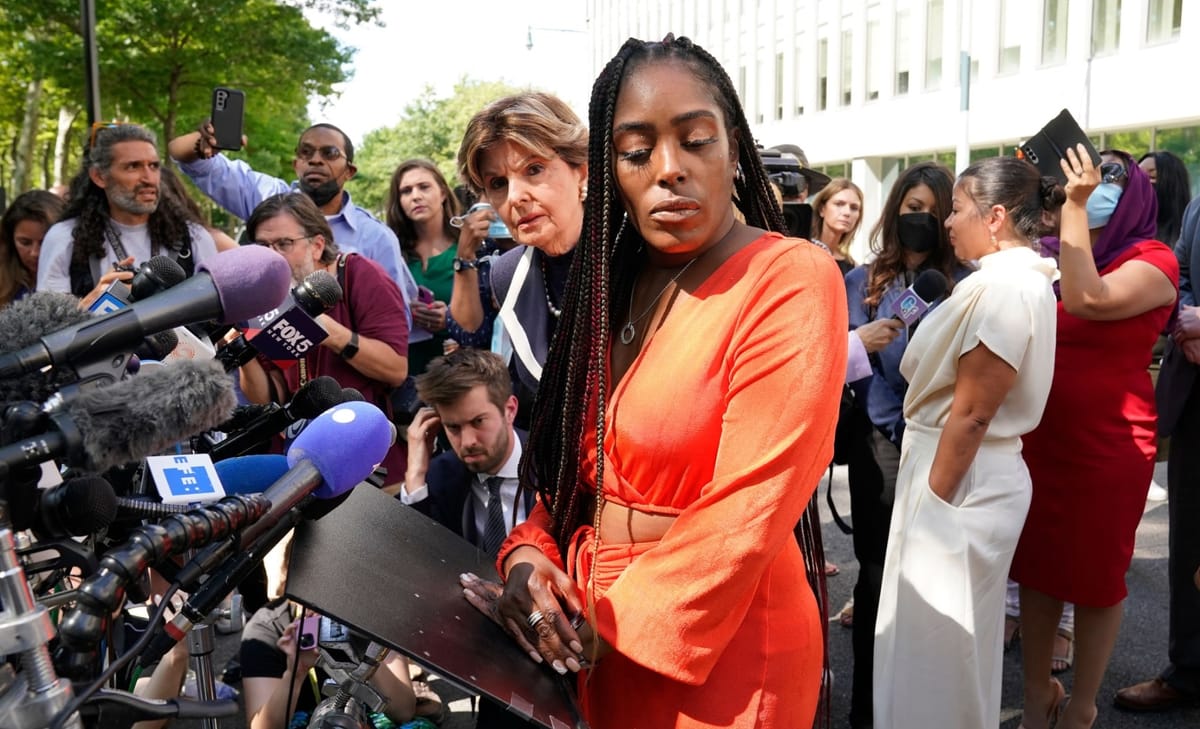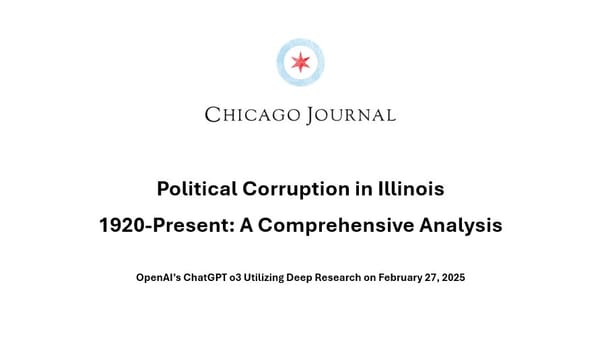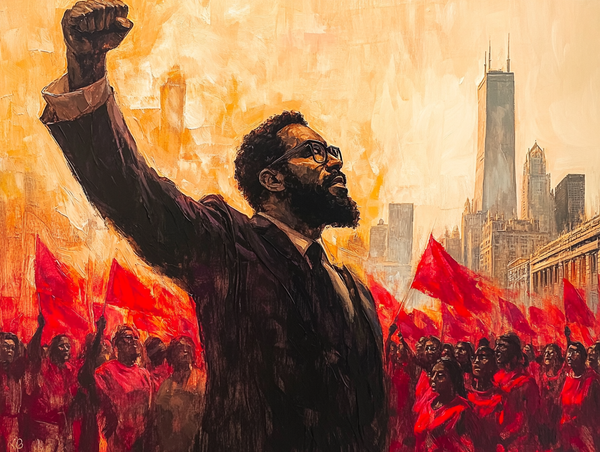R. Kelly sentenced to 30 years in sex trafficking case
Disgraced R&B superstar R. Kelly was sentenced Wednesday to 30 years in prison for using his fame to sexually abuse young fans, including some who were just children, in a systematic scheme that went on for decades.

By TOM HAYS, BOBBY CAINA CALVAN and JENNIFER PELTZ | Associated Press
NEW YORK (AP) — Disgraced R&B superstar R. Kelly was sentenced Wednesday to 30 years in prison for using his fame to sexually abuse young fans, including some who were just children, in a systematic scheme that went on for decades.
Through tears and anger, several of Kelly's accusers told a court in New York City, and the singer himself, that he had misled and preyed upon them.
“You made me do things that broke my spirit. I literally wished I would die because of how low you made me feel,” said one unnamed survivor, directly addressing Kelly, who kept his hands folded and his eyes downcast.
“Do you remember that?” she asked.
Kelly, 55, didn't give a statement and showed no reaction on hearing his penalty, which also included a $100,000 fine. He has denied wrongdoing, and he plans to appeal his conviction.
The Grammy-winning, multiplatinum-selling songwriter was found guilty last year of racketeering and sex trafficking at a trial that gave voice to accusers who had previously wondered if their stories were being ignored because they were Black women.
Victims "are no longer the preyed-on individuals we once were,” another one of his accusers said at the sentencing.
“There wasn’t a day in my life, up until this moment, that I actually believed that the judicial system would come through for Black and brown girls,” she added outside court.
A third woman, sobbing and sniffling as she addressed the court, also said Kelly’s conviction renewed her faith in the legal system.
The woman said Kelly victimized her after she went to a concert when she was 17.
“I was afraid, naive and didn’t know how to handle the situation,” she said, so she didn’t speak up at the time.
“Silence,” she said, “is a very lonely place.”
Kelly's lawyer, Jennifer Bonjean, said he was “devastated” by the sentence and saddened by what he had heard.
“He’s a human being. He feels what other people are feeling. But that doesn’t mean that he can accept responsibility in the way that the government would like him to and other people would like him to. Because he disagrees with the characterizations that have been made about him," she said.
The sentence caps a slow-motion fall for Kelly, who is known for work including the 1996 hit “I Believe I Can Fly” and the cult classic “Trapped in the Closet,” a multipart tale of sexual betrayal and intrigue.
He was adored by legions of fans and sold millions of albums even after allegations about his abuse of young girls began circulating publicly in the 1990s. He beat child pornography charges in Chicago in 2008, when a jury acquitted him.
Widespread outrage over Kelly’s sexual misconduct didn’t emerge until the #MeToo reckoning, reaching a crescendo after the release of the documentary “Surviving R. Kelly.”
“I hope this sentencing serves as its own testimony that it doesn’t matter how powerful, rich or famous your abuser may be or how small they make you feel — justice only hears the truth,” Brooklyn U.S. Attorney Breon Peace said Wednesday.
A Brooklyn federal court jury convicted the singer, born Robert Sylvester Kelly, after hearing that he used his entourage of managers and aides to meet girls and keep them obedient, an operation that prosecutors said amounted to a criminal enterprise.
Several accusers testified that Kelly subjected them to perverse and sadistic whims when they were underage.
The accusers alleged they were ordered to sign nondisclosure forms and were subjected to threats and punishments such as violent spankings if they broke what one referred to as “Rob’s rules.”
Some said they believed the videotapes he shot of them having sex would be used against them if they exposed what was happening.
According to testimony, Kelly gave several accusers herpes without disclosing he had an STD, coerced a teenage boy to join him for sex with a naked girl who emerged from underneath a boxing ring in his garage, and shot a shaming video that showed one victim smearing feces on her face as punishment for breaking his rules.
“The horrors your victims endured,” U.S. District Judge Ann Donnelly said as she sentenced him. “No price was too high to pay for your happiness.”
Lizzette Martinez was a 17-year-old aspiring singer when she met Kelly at a Florida mall. She was promised mentorship but quickly ended up “a sex slave,” she said Wednesday outside court.
Asked whether Kelly's 30-year sentence was sufficient punishment, she paused before answering.
“I, personally, don't think it's enough,” she said, “but I'm pleased with it.”
At the trial, evidence also was presented about a fraudulent marriage scheme hatched to protect Kelly after he feared he had impregnated R&B phenom Aaliyah in 1994 when she was just 15. Witnesses said they were married in matching jogging suits using a license falsely listing her age as 18; he was 27 at the time.
Aaliyah worked with Kelly, who wrote and produced her 1994 debut album, “Age Ain’t Nothing But A Number.” She died in a plane crash in 2001 at age 22.
Kelly didn’t testify at his trial, but his then-lawyers portrayed his accusers as girlfriends and groupies who weren’t forced to do anything against their will and stayed with him because they enjoyed the perks of his lifestyle.
His current lawyers had argued he should get no more than 10 years in prison because he had a traumatic childhood “involving severe, prolonged childhood sexual abuse, poverty, and violence.”
As an adult with “literacy deficiencies,” the star was "repeatedly defrauded and financially abused, often by the people he paid to protect him,” his lawyers said.
The Associated Press does not name people who say they have been sexually assaulted or abused, unless they come forward publicly, as Martinez has. Several women who spoke at Kelly's sentencing were identified only by first names or pseudonyms.
Kelly has been jailed without bail since in 2019. He still faces child pornography and obstruction-of-justice charges in Chicago, where a trial is scheduled to begin Aug. 15.
Associated Press journalist Ted Shaffrey contributed to this report.

The Chicago Journal needs your support.
At just $20/year, your subscription not only helps us grow, it helps maintain our commitment to independent publishing.






